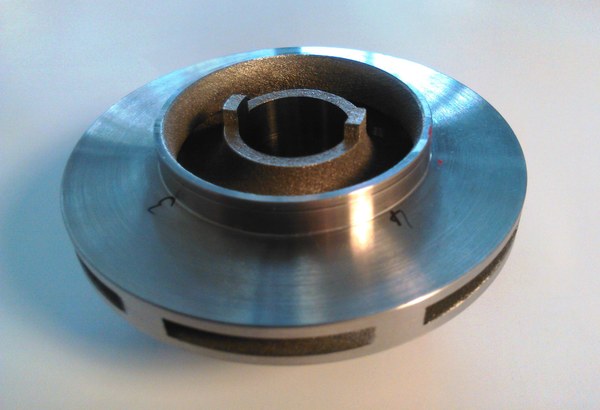Institute of Materials Research
The focus of the Institute of Materials Research is on the development of new material solutions and their process technologies for applications in the aerospace, energy, digitalisation, transport and security sectors.





